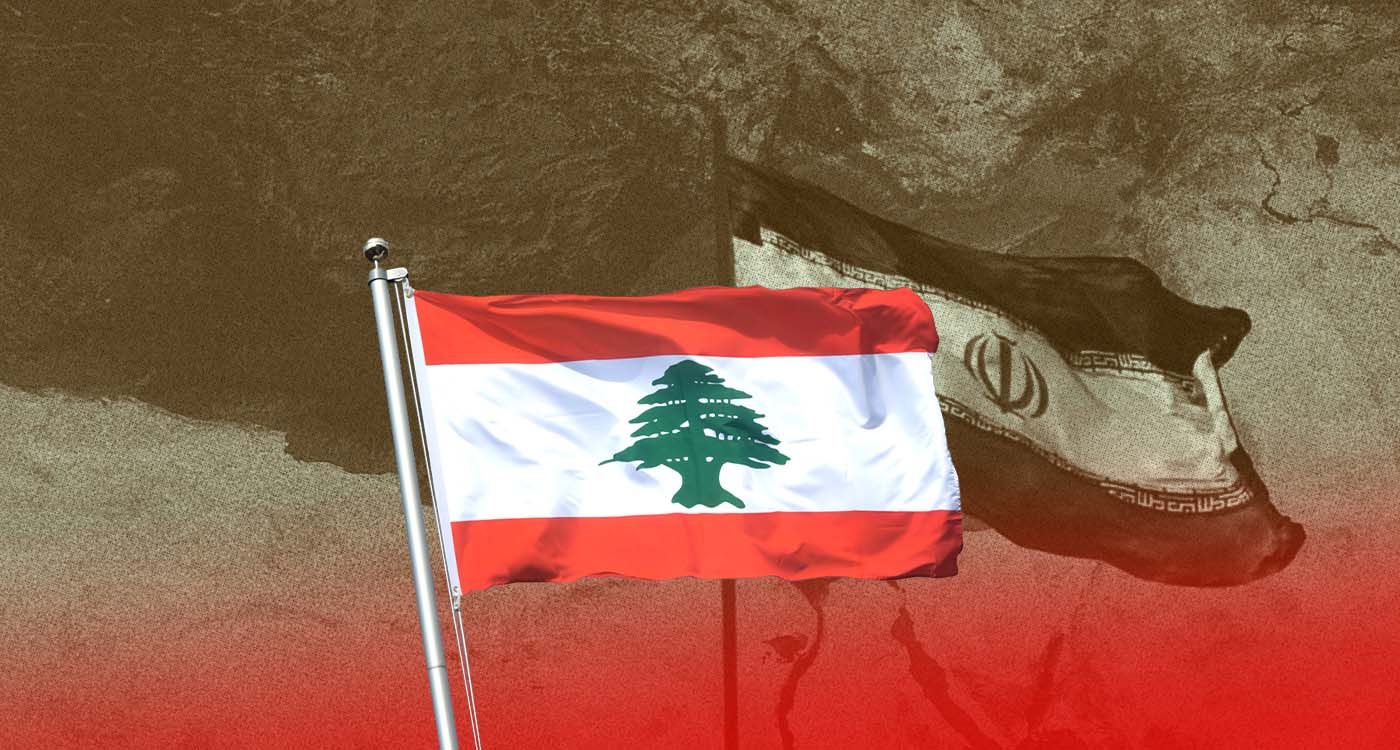- Home
- Middle East
- A New Epicenter Emerges in the Near East

©This is Beirut
The new political dynamic initiated by the U.S. cannot condone Iranian power politics.
The situation in the Near East is still groping its way towards a new equilibrium. So far, it seems that the destruction of the proxy networks mounted by Iran’s Islamic regime has not yet eclipsed pursuit of political revanche all along the geopolitical spectrum extending through Iraq, Syria, the Palestinian Territories, Gaza, and their strategic extensions. The Iranian regime is determined to activate civil unrest and promote chaos in a region that has failed all attempts at stabilization based on negotiated conflict resolution and democratization. The imploded inter-Arab political system has not yet been replaced by a viable, institutionalized platform to adjudicate the political differences among states that have never achieved a modicum of political stability, within or without their borders.
The invitation of the new president of Syria to the White House is a major political feat that crowns a patient and well-engineered political transition crafted by U.S. intelligence and the operational diplomacy of the United States. Retrospectively, we have come to terms with the abrupt rise to power of Ahmad al-Sharaa and the corollary political dynamics it conveys. The rising political power in Damascus refers to the larger political picture: the formation of the new epicenter around the geopolitical fiction at the crossroads between Syria, Israel, and Lebanon, as well as the strategic coordinates set by the U.S. Sharaa has readily become a partner in this monumental undertaking, which aims at ending the endemic instability elicited by jihadist dynamics and the strategic coordinates of Iran’s imperial policy.
The challenges of this major turnaround are not minor; they question the very predicates of political culture, strategic positioning, and the political dynamics that have governed this tormented region for a hundred years. These tectonic shifts were made possible by the Israeli counteroffensive that destroyed the pillars of Iranian power politics, the defeat of the Islamic State at an earlier stage, and the implosion of the Arab state system and the questioning of its ideological premises and political records as well as the ultimate discrediting of its governance. The crisis of legitimacy, far from being accidental, is the outcome of a failed modernity and its systemic reverberations. The erstwhile pillars of politics and strategy have broken down, and the geopolitical scene is open to major revisions.
The Syrian regime has to redefine its parameters and reform its governance away from autocratic statism, patrimonialism, Islamic political and societal strictures, and discriminatory practices. The rehabilitation of pluralism, religious liberty, and constitutional statehood are prerequisites if Syrian geopolitics are to stabilize and the regional dynamics are to extract themselves from the conflict-prone ideological and strategic variables. There is no possibility for normalization aside from reforming the political process on both its external and internal ends and at the crossroads between the two.
The Syrian blueprint attempted by the U.S.-engineered dynamic is a novelty that impugns the monolithic templates of Islamic totalitarianism and Arabism's aversion to cultural pluralism and their attending politics. It is a typical illustration of Hegel’s “cunning of reason” (List der Vernunft), whereby the levers of systemic change overcome the well-entrenched ideological and strategic factors that account for lingering political immobility and its embedded conflictuality. We have to follow up closely on the ensuing evolutions and their impact on the nuts and bolts of political and social life.
Lebanon’s case typifies the inability of the unique liberal polity in the Arab region to turn around the obstacles set by the successive tides of imperial politics, Islamic power politics, and its permeability to destructive interventionism at the intersection between regional and domestic politics of domination. Iranian imperial policy is adamant about safeguarding its upper hand in Lebanon’s politics and preparing for a takeover. Political instability is intentionally cultivated since the Iranian regime views Lebanon as an operational platform to resuscitate the politics of subversion and radiate them back throughout the region. The new political dynamic initiated by the Trump administration cannot, by any means, condone Iranian power politics and find an accommodation on its very premises.
Diplomatic intermediation cannot outlast its time frame and the minimal consensus set for the success of this undertaking. Iranians must either be willing to join the new political dynamic, or war is inevitable. As long as Lebanon is kept hostage to Iranian power politics, and Shiite millenarism sways over the imaginary of the Shiite community, and as the politics of organized criminality and terrorism serve as a lever, the chances of political accommodation and overall conflict resolution are remote and unlikely to inspire the necessary political and strategic inflections. It will be a long time before we can witness political change in this part of the world. War is inevitable if we are to witness the epochal changes that are earnestly sought but unlikely to be achieved without major political and strategic transformations.

Comments